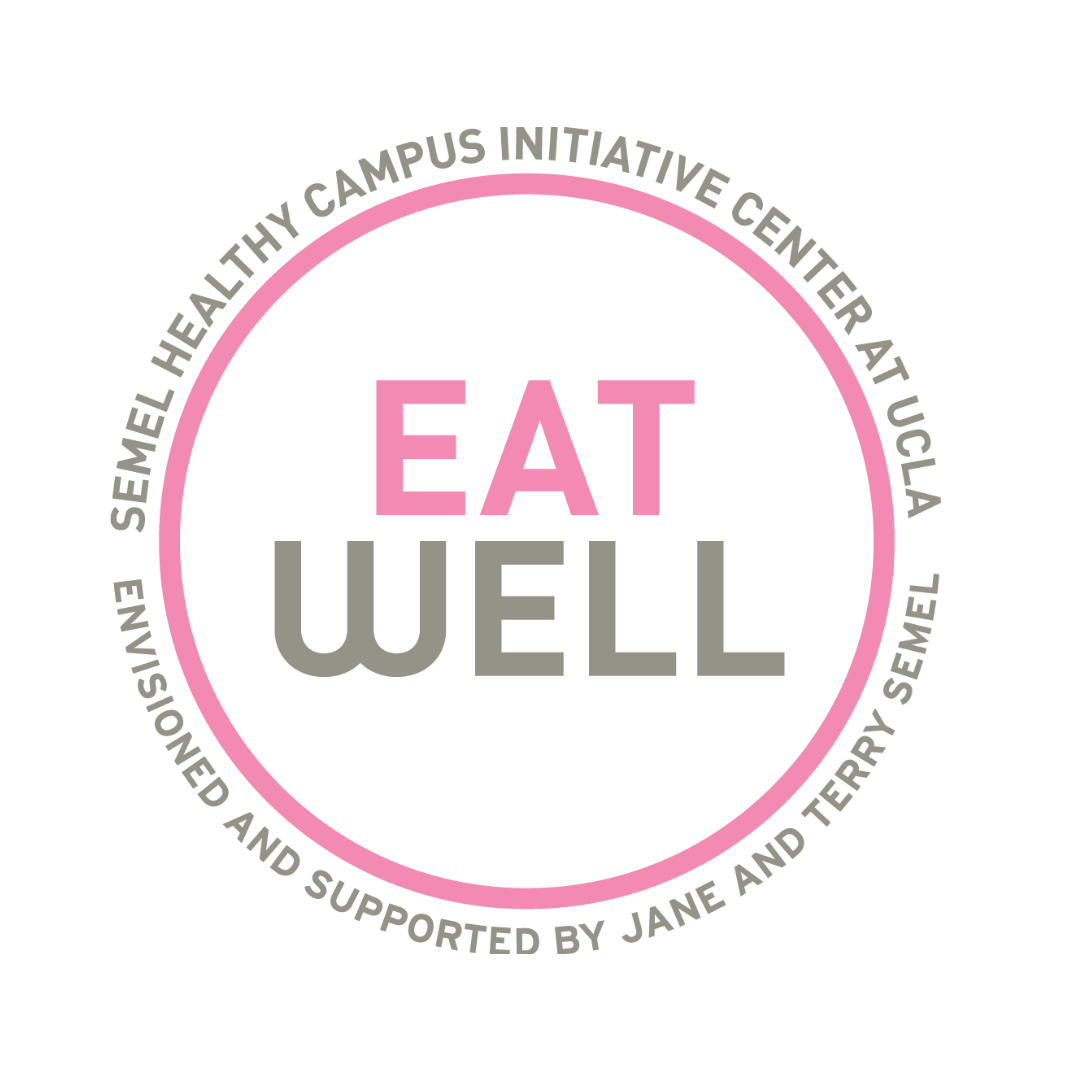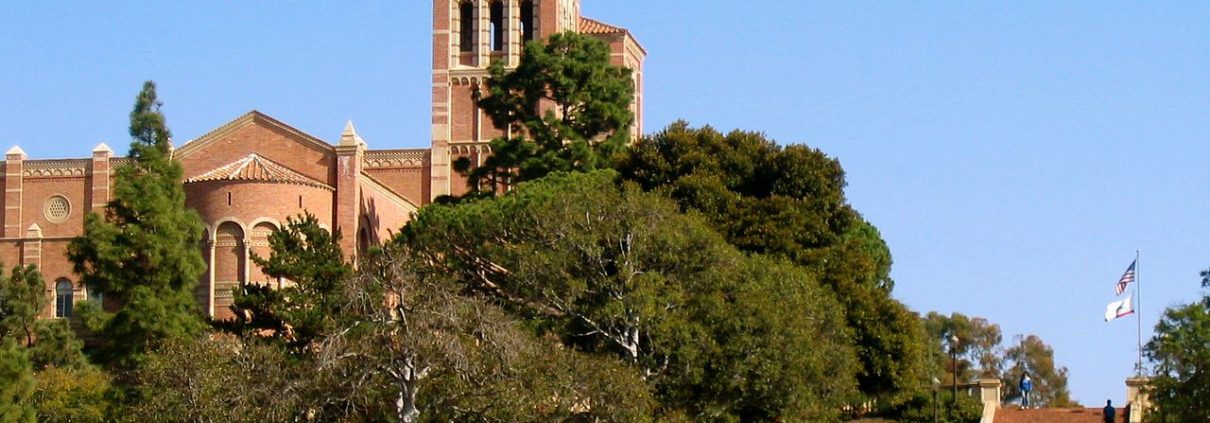Developing a Healthier University with Walter Willett
]
Walter Willett has become a household name to the thousands of professionals working in the expanding field of food science and nutrition. He has achieved more than you can imagine. The physician, nutrition researcher, Professor of Epidemiology and Nutrition, and chair of the department of nutrition at Harvard School of Public Health
is the most cited nutrition researcher in the world and the second most cited author in clinical medicine, with over 1500 published scientific articles, a full nutrition textbook, and 3 best-selling diet and nutrition books. It’s safe to say he holds a lot of influence in this field, playing an especially large role in the science of the American diet. Willett is now a Professor of Epidemiology and Nutrition and the Chairman of the Department of Nutrition at Harvard School of Public Health, as well as a Professor of Medicine at Harvard Medical School.
I had the opportunity to attend a seminar where Dr. Willett talked about all his experiences within the food realm and the initiatives he is a part of early February of 2016. At first, to me he was just a man with an unmistakable mustache, talking about how he once had a McDonald’s veggie burger at an airport that was so unbelievably revolting that he was convinced McDonald’s made it bad to turn people away from the healthier option. However, it took only took a few more sentences for me to become mesmerized by Willett’s discussion of food issues and projects.
Harvard’s Food Literacy Project
As Chairman of the Department of Nutrition at Harvard School of Public Health, Willett has taken the lead on food and nutrition initiatives at Harvard, running a similar program to the EatWell Pod of the Healthy Campus Initiative here at UCLA. The professor is working with Harvard’s food services to develop a Food Literacy Project that consists of educating students about healthy foods, guiding on food resources available throughout campus and Boston, and conveying the principles clinically at Harvard Health Services. His program is school wide and advocates for a healthier lifestyle through better knowledge of the nutritious value certain foods bring as well as the food resources available to students.
Willett had early success with his program. In a joint effort with food services, Willett removed trans fats and reduced sodium in all foods of Harvard’s dining halls by 25% without students even noticing. Through this program he is teaching active fellowship students about the food system at Harvard, introducing them to the leadership involved, and utilizing students’ connections to other students in order to engage the community and connect food-related initiatives and projects to students.
Harvard utilizes a housing system where 90% of the students live in houses all 4 years and eat dining hall food during this time. The Food Literacy Project is efficient in getting connected to students by utilizing its fellows in each of the houses to act as the go-to source for food education. Similar to how the Healthy Campus Initiative here at UCLA is establishing a student presence by utilizing its student connections and outreach within the resident halls and through a variety of clubs. Through their Literacy Program, table tents that come on a rotating basis are set up near the dining halls with fellows and other individuals there to educate people about healthy food choices with posters and other materials. Through this program, they’ve even noticed a 50% increase in students from freshman year to senior year choosing brown rice over white rice.
Struggles Faced
However, Willett highlighted that a real struggle of the overall program is a lack of a formalized curriculum. They get passionate students and researchers involved in the program, but after 4 years they are gone. The problem Willett is facing is that there is a lack of a formalized curriculum and organization that would allow a continuous recycle of information from older students to younger ones. This lack of organization leads to many active students graduating with valuable information that is not utilized in subsequent years. Furthermore, the lack of career advantage for professors to teach these types of courses limits the numbers of courses they can provide and thus diminishes the interest he could gain from students. Willett’s passion for nutritional science is clear as he strongly says that he’s seen people even change career directions entirely because of some courses they took. He remarks that this field is open to a variety of different people with different interests from biology, physiology, education, public policy, to large-scale data research. Though he’s really disappointed that some of the most popular classes such as Global Nutrition, Nutrition, and Health, can’t be offered as much because they just do not have the resources for them.

Harvard Food Literacy Project
Tackling Sugary Soda at Harvard
One example of Willett’s success is the change in availability of sodas at Harvard dining halls. At Harvard, he ideally does not want to eliminate those soda options, (partially due to the company contracts they have in dining halls), but just encourage students to move away from them or provide less sugary options. He’s developed a 3 color categorization for sugary drinks, with red (obviously indicative of being bad) being for drinks above 1g/oz of sugar, yellow being artificial sweeteners, and green being no sugar. By labeling these drink options at the soda machines with small stickers and providing a sign with the corresponding description of each color, he was able to influence student decisions towards less sugary options. Harvard dining has even made great leaps to reduce their 100% fruit juice to 50%, decreasing the sugar intake by a lot.
Tackling Sugary Soda at UCLA
Right here on campus at our very own lovely Bruin Plate, or BPlate, we have no commercial sodas served. All of the drinks at BPlate are made with carbonated water and fruit extracts that make for a delightful spritzer in our mouth. According to a BPlate Manager, these sodas have reduced sugar content over commercial sodas. I remember when Bplate opened, everyone was very excited about those spritzers. UCLA has done an exceptional job with BPlate being the ideal and premier healthy campus dining hall.
Beyond the Universities
Willett is clearly a man with hands in a thousand different pots and his visions for a healthier world are inspiring. He truly wants to bridge this gap between science and diet, to create a reformed policy that overall benefits all of society, whether it be at Harvard or in small towns. His impact has even been seen when he was part of the program that influenced Starbucks to include wheat products into their menu of foods as opposed to pure white flour.
Walter Willett’s visions for a healthier campus and a healthier society are not far from our reach. As students we can make those visions reality by telling our friends and spreading the word about resources, like the Healthy Campus Initiative. Soon enough we will realize that it doesn’t take much to make a change. As an undergraduate student here at UCLA, Walter Willett taught me from his seminar that being a part of something bigger than myself, like the Healthy Campus Initiative is truly empowering and gets me excited about what I can do to make a change on my campus. In writing my blogs, I hope to reach a large community and influence people to live healthier lives and learn more about all the initiatives going on around campus.
Phillip Cox is a 4th year Bioengineering major and blogger for the EatWell Pod within the Healthy Campus Initiative.



